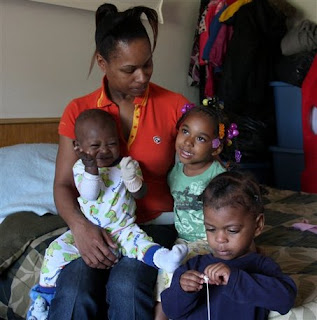Lessons From Down Under was intently informative on the ways African Americans attained literacy in the Civil Rights Era, compared to Bessie House- Soremekum. While I was reading the story of Soremekum I found parallels in her life that reflected in mine. “Lines of strict blood lineage were of blurred as my aunt treated me as if she were my mother.” (60) I began to laugh as I read this quote, for when I was growing up there was no real distinction with discipline; my aunt and grandmother acted as if they were my mother at times. I hated this growing up but, as I look at it now I view it as a informal literacy of treating everybody equal. Another incident in Soremkum life brought up a moment in my life. “I made the decision, during my fourth-grade year in school that I wanted to obtain the highest degree awarded in academia.” (63) After reading this quote I saw myself when I had made the exact same vow upon my life at an early age. Seeing the parallels in my life with the author made this reading informative about the types of literacies with a pathos appeal.
One thing that appealed to me throughout the reading is how Soremekum used her life experiences to tie back into her meaning of the work. When the author talked about how she “learned everything about succeeding in life” from her great-grandmother storytelling I saw this fact resembling in African American families across the country. There is nothing like a great-grandmother storytelling for they are enriched with history and grand opportunities. Soremekum asserted her passion behind formal literacy with race rules as she expressed how her great-grandmother was not given the respect of her name when whites approached her. In her assertion I gained insight and a scholarly perspective in the account on “separate but not equal.”





